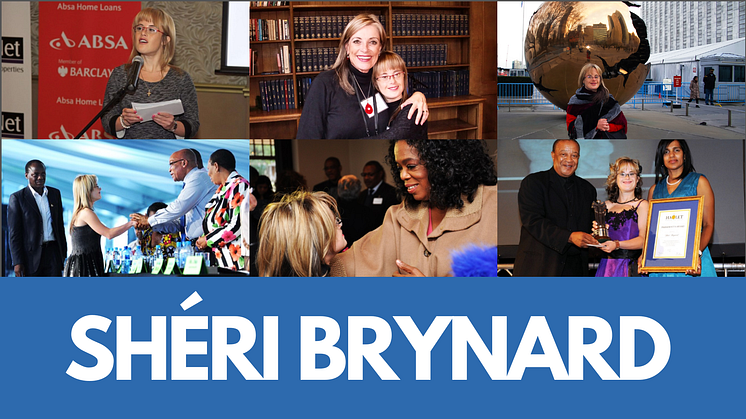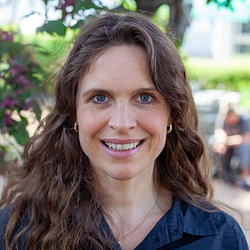
Blogginlägg -
"This is my story" - i kväll med Shéri Brynard
Vilken fantastisk föreläsning Shéri Brynard höll för oss. Tack till alle er som deltog. Vi beklagar att internet inte var helt på vår sida.
- Delar de frågor, samt de svar som Sheri gav. Se under.
- Tipsar också om Sheris bok som finns i e-boks format: https://www.amazon.com/Sh%C3%A9ri-Just-way-I-am-ebook/dp/B075LL4NH2
- Vi kommer dela dagens Zoom inspelning inom kort framtid.
Trevlig kväll!
- Did you encounter any prejudice during your studies against being a person with Down syndrome? If you did, how did you meet those? Thank you for this question.Years ago, no school following a mainstream curriculum was accessible to me. Principals said I would give their schools a bad name. My IQ was right, but my face was wrong. When I was admitted into a mainstream school at long last, no amendments were made for me. I was assessed and handled exactly the same way as the other learners. Regardless of that, my appearance still gave some children a chance to mock me because I looked different from them. When they bullied me, I answered, “Would you like to have my extra chromosome?” Somehow things worked out, because in my last year in school, the children chose me as a class leader.
- What do you think is the biggest challenge for the Down syndrome community in the years to come? In my own country South Africa, there are so many people without work, who sit on the pavements in the streets,begging. They want to work, but there is just not enough work and our economy is very bad. So, persons with Down syndrome will also have problems finding work and to receive a good salary.
- How did you cope during the corona pandemic? When all my overseas and other appointments were cancelled by Covid, it was easier for me than for many other people because I am used to having setbacks in my life. But when I received an invitation to play a part in the soapy on TV, “Married to Rugby”, it was a dream come true. My school and thus my work, was closed; but then I got the opportunity to act on TV again. We must focus on all the blessings we have and not compare them with what we don’t have.
- How would you describe the relationship with your parents? When my family is with me, I can only hold out my hand and someone will always help me. My mother was always strict and she helped me to become independent, she was never sorry for me and that helped me to grow. My late father made jokes and sang songs and he was always so proud of me. I will always miss him.
- If you had to choose one thing that your parents encouraged and supported you in to get you where you are today, what would it be? My parents supported me to never give up trying. My mother used to jump up and down and clap hands when I achieved just a little bit. They never focused on what I cannot do, but what I can do. They were always proud of me, as long as I tried my best.
- What does working with DSI mean to you? DSi opened the world to me by inviting me to speak at the UN in 2012. During our meetings my little world also changed into a much bigger word. I always feel I have a responsibility to be a worthy ambassador for people with Down syndrome. That brings the best out of me.
- What reactions have you met from the parents of the children you are a supplementary teacher to the fact that you are a person with Down syndrome teaching their children? The parents tell me I give them hope for their children with learning problems. They want them to become like me. But I think they must just become the best person they can be.
- What are your dreams for the future? I would like to help more persons in disadvantaged communities in our county, to start to believe in themselves and to work hard. I want them to see that anything is possible if you really work very hard and not use the excuses you may think you have, to be lazy. My dream is for the world to become a place, where the general population supports, encourages and enables our disabled communities to become valued human beings.

